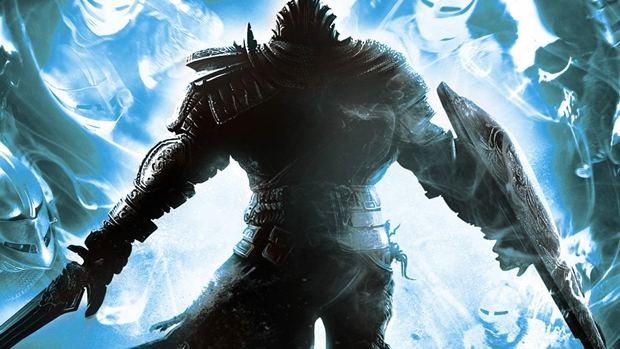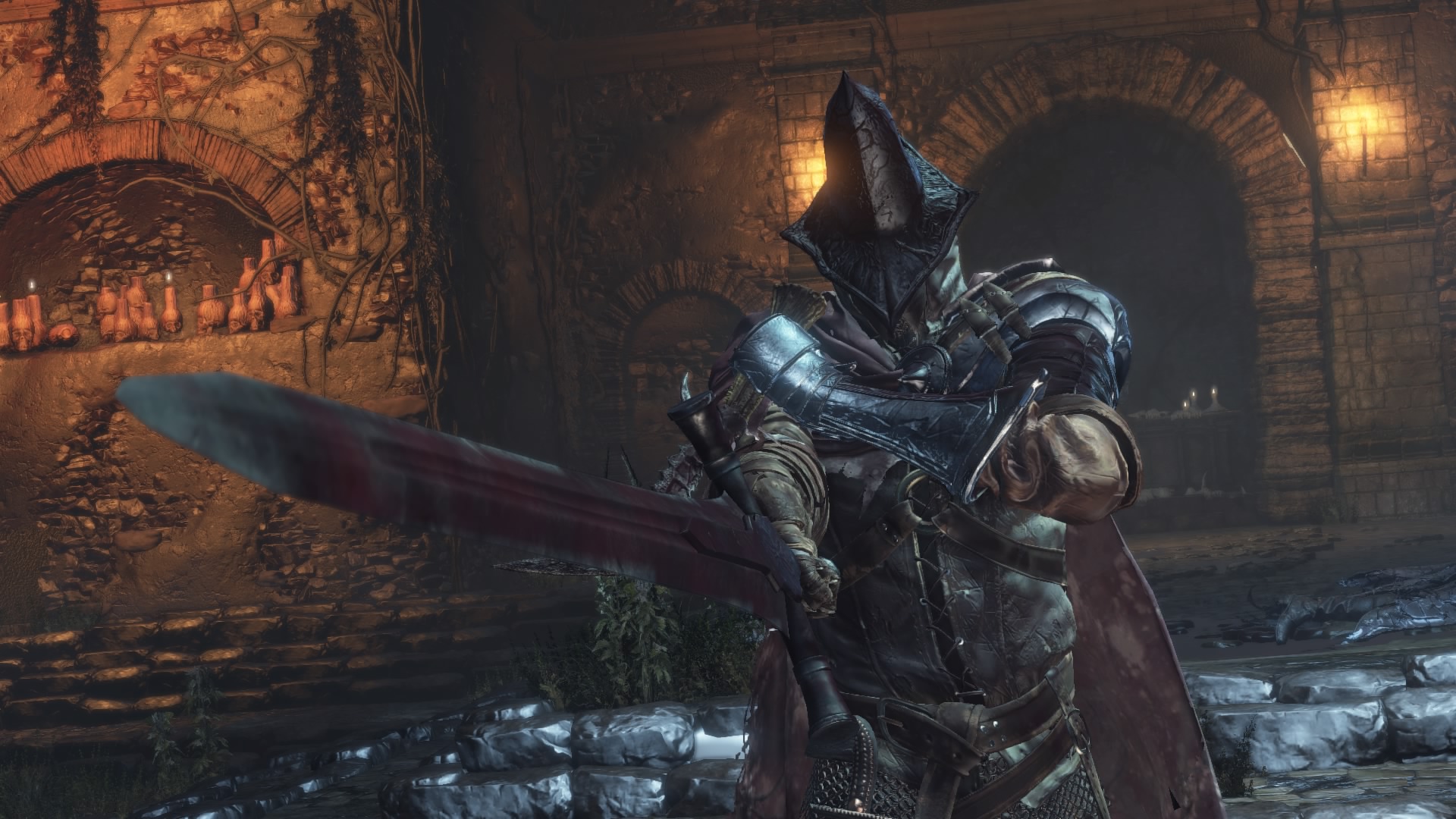
It’s actually hard to believe, but it has been six years since the original Dark Souls. From Software’ unassuming follow up to their PS3 exclusive cult hit game Demon’s Souls launched in 2011, a few months ahead of the launch of the uber anticipated The Elder Scrolls 5: Skyrim. And while it was backed by a far larger marketing campaign than Demon’s Souls had been, it was still largely expected to be an under the radar release. Especially given the fact that RPGs at that point in time were still a niche genre, and games that enabled player agency, or actually challenged them, were considered anathema, most of the residual sales left after the usual Call of Duty, Battlefield, Assassin’s Creed, and FIFA were expected to go to Skyrim, and that was going to be that.
But something wonderful happened instead- along with Skyrim, Dark Souls went on to be a wild success, a far bigger one than anyone had anticipated. And much like Skyrim would go on to influence the next five years of game design, Dark Souls, too, left a lasting, indelible mark on the direction that game design take from then on. The success of Dark Souls was important, and is the reason that we are not in a market today where games like The Order receive good reviews and great sales- it was important, because it showed developers that not only could they trust the players to think for themselves and make their decisions for themselves and even fail for themselves, but that there was a thirsty, ravenous market for games that offered them just this.
"In the post Dark Souls era, we have seen so many games influenced by it."
And so were born games that actually dared to challenge their players, if only a little- games that let players go off the beaten path, games that weren’t afraid to punish their players, games that gave their players agency and trusted them with it. In the post Dark Souls era, we have seen so many games influenced by it- not even counting the rise of the ‘Souls-like’ genre, where games like Nioh and The Surge outright ape the Dark Souls formula, albeit putting their own spin on it, we have seen games like The Witcher 3, whose developers openly admit that they took cues from Dark Souls in terms of the combat. Games such as Metal Gear Solid 5 trace their persistent online world, and its implementation, to how Dark Souls treats its online functionality. Even the makers of Destiny admitted they had taken cues from Dark Souls (although I have to be honest, I’d be hard pressed to figure out where). We have seen games since that don’t think it necessary to tutorialize everything, and instead trust the player to try things for themselves and figure it out.
Even Nintendo took cues from Dark Souls– Miiverse, the off beat online community on Wii U, was a very clear system wide implementation of the kind of online system that Dark Souls uses (this later also found its way into specific games like New Super Mario Bros. U and The Legend of Zelda: The Wind Waker HD), and The Legend of Zelda: Breath of the Wild has very clearly taken note of Dark Souls, which is evident in the game’s more punishing combat, in it taking the training wheels off of you right off the bat, in it letting you figure things out for yourself, and in it not being afraid to punish you should you be sloppy. It doesn’t even matter if it’s not a 1:1 implementation of the Dark Souls formula or structure, either- the fact that Dark Souls released, was majorly successful, and found a vast audience, was probably enough to make Nintendo consider that it was okay to trust their players a bit. Just consider the vast difference between The Legend of Zelda: Breath of the Wild and The Legend of Zelda: Skyward Sword– how else would you explain it?
Indeed, modern game design is very clearly demarcated into two eras now- pre-Dark Souls (and Skyrim), and post Dark Souls (and Skyrim). And where pre-era was tending towards linear cinematic games that funnelled players down linear paths and were really far too afraid to let them do anything the developers didn’t want them to do, the post Dark Souls era has been marked by games that thrive on letting the players do things the developers had never even intended them to do to begin with. Dark Souls is, in fact, alongside its peer Skyrim, responsible for the rise of the modern streaming culture, where players can mess around in games (that actually let them, instead of rigidly defining and controlling every interaction they can have with the game), and is responsible for the rise of games being, well, games again.
"In a world where every game is compared to Dark Souls, it is far too easy to forget about the monumental, far reaching impact the original game had, against all odds (impact that even its own follow ups could not replicate)."
There’s a reason that in the modern day, developers and critics trip over themselves to liken their games to Dark Souls– it’s because it’s a mark of street cred as far as games go. Dark Souls is the ultimate game that is not afraid to bite back at the player, the game that is willing to be itself, and have the player meet it halfway, rather than bending over backwards to accommodate them. It is a game that has led to a resurgence of games that have their teeth. In a world where every game is compared to Dark Souls, it is far too easy to forget about the monumental, far reaching impact the original game had, against all odds (impact that even its own follow ups could not replicate).
This year, Dark Souls will be six years old, and yet, it remains more relevant than ever, and plays better than most games on the market still. There is a wider audience now for this kind of a game than there ever was before, when this game first came out- maybe From Software and Bandai Namco will oblige us all by releasing a remaster of the game on current generation systems. Dark Souls has in fact been rumored for the Nintendo Switch- and that idea sounds wonderful to me, Dark Souls on the go would be glorious. But I hope Bandai Namco and From Software spread the love a little- also put it on PS4 and Xbox One, and even a remaster release on PC. This is a wonderful game, and as many people as possible deserve to play it.
Note: The views expressed in this article are those of the author and do not necessarily represent the views of, and should not be attributed to GamingBolt as an organization.















